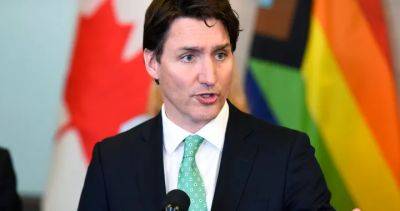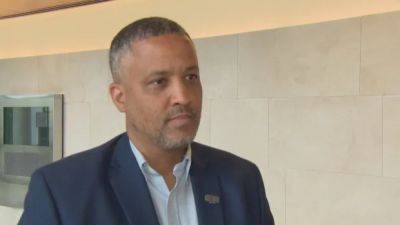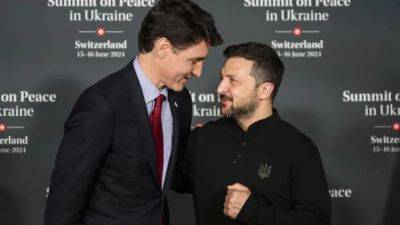One of the military's simplest procurement projects is being tied down by red tape
Despite facing heavy pressure to ramp up military spending, the Department of National Defence (DND) has slow-rolled one of the least complex of its vehicle replacement programs.
The light utility vehicle program has been on the books for several years. Its purpose is to update the military's fleet of two-decade-old Afghan war-era Mercedes G-Wagons and civilian-grade utility vehicles, such as pickups and SUVs.
Under the original plan, the terms for the purchase of more than 1,600 vehicles were supposed to be set by this year, putting the program on the road toward a signed contract.
But DND recently told CBC News that it has decided to split the program into two phases — beginning with the acquisition next year of commercial off-the-shelf vehicles, and leaving the purchase of lightly armoured vehicles to later years.
More significantly, the estimated cost of the program has risen to somewhere between $750 million and $1 billion, from an initial projection of $499 million.
The light utility vehicle program isn't as high-tech as some other military procurement projects — but it's still a perfect example of how a procurement system petrified of making mistakes can take a very long time to get anything done, said Steve Saideman, a defence expert at Carleton University.
«We'd rather have no corruption and slow purchases rather than [moving] fast and [accepting] more risk of making mistakes,» he said.
Canada has been criticized repeatedly by its allies over the slow pace of its defence investments. At the recent NATO Summit in Washington, Prime Minister Justin Trudeau acknowledged it would take until 2032 for Canada to meet the alliance's military spending benchmark of two per cent of gross domestic product.
There are four qualified






